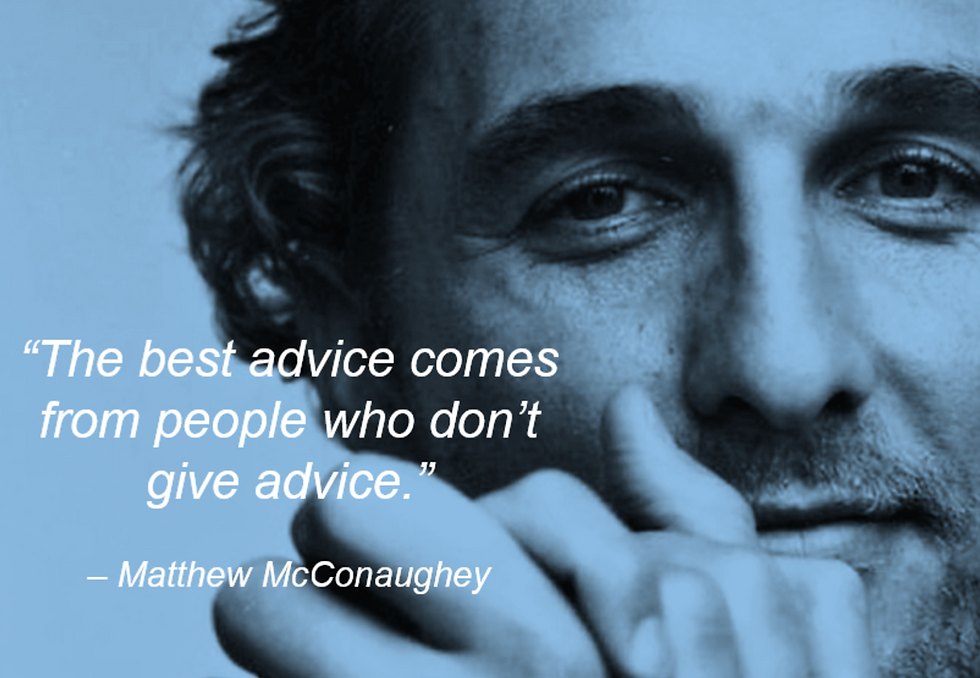Tip 5 💕
- Jade Rita Taylor

- Jun 3, 2020
- 2 min read
Updated: Feb 23, 2021
As we start to venture back out into the world and worries and anxious feelings may be high. I thought I would share a couple of little insights have learnt over the years re: Communication:
Remember, only a small percentage is verbal.
‘you can only take responsibility for how you meant it, not for how somebody responds’.
This does take awareness of the intentions behind your words. If you meant to hurt someone, then this is on you. But if someone took offence when you were being sincere, then you cannot take responsibility for this. But you can empathise and maybe explore with them.
‘When someone is shouting: whisper’.
When supporting children and young people in situations where they are expressing themselves through anger: responding with anger, is only going to end in tears. No one is listening when there’s shouting, and it only adds more energy to the situation. I would actively begin to respond quieter and quieter until I am whispering, keeping awareness of your own feelings and reactions. The other person will naturally bring themselves down, beginning to only manage their own feelings and not both of yours, and many times the other person will eventually ask ‘pardon’ (usually, ‘what?’) meaning they have calmed, or leave the situation. You can then have a two-way conversation. Also, have a look for planned ignoring, or expressing that you are not responding to, or accepting the behaviour, but that you love the person and are willing to sort out any problems, but you are not responding to the anger/behaviour. There are many layers to this, but these are a couple of examples of strategies I used when responding to anger, and they can be universally used by anyone. Please seek help if you are experiencing any physical violence from either an adult or child.
‘No one can argue about how you feel’.
This is a big one. If you are trying to get your point across by explaining the situation, or how their actions have affected you, then the response is usually going to be defensive. Even the most self-aware person becomes defensive, and it is defensiveness that then causes conflict and no-one listening to each other. Instead, say how you feel. No one can tell you that how you feel is wrong, they are your feelings, and you find that people will respond more openly by listening.
e.g. ‘you don’t spend any time with me, you just come in and go straight on the computer and I’m sick of being on my own all the time.’
‘I feel lonely, I would like us to spend more time together, I miss you.’
This is just a very general example, and I appreciate that being honest with your feelings could make you vulnerable, but it is honest and will allow the other person to get a genuine sense of how you feel, rather than defend against attacking words.
Be aware that you will also need to listen and be mindful of your own defensive responses.
These are just a few examples of how to communicate more effectively, verbal expression is complex and takes bravery and self-knowledge. Counselling can help you find your truth and how to express it best for you.
Stay safe 💕



















Comments